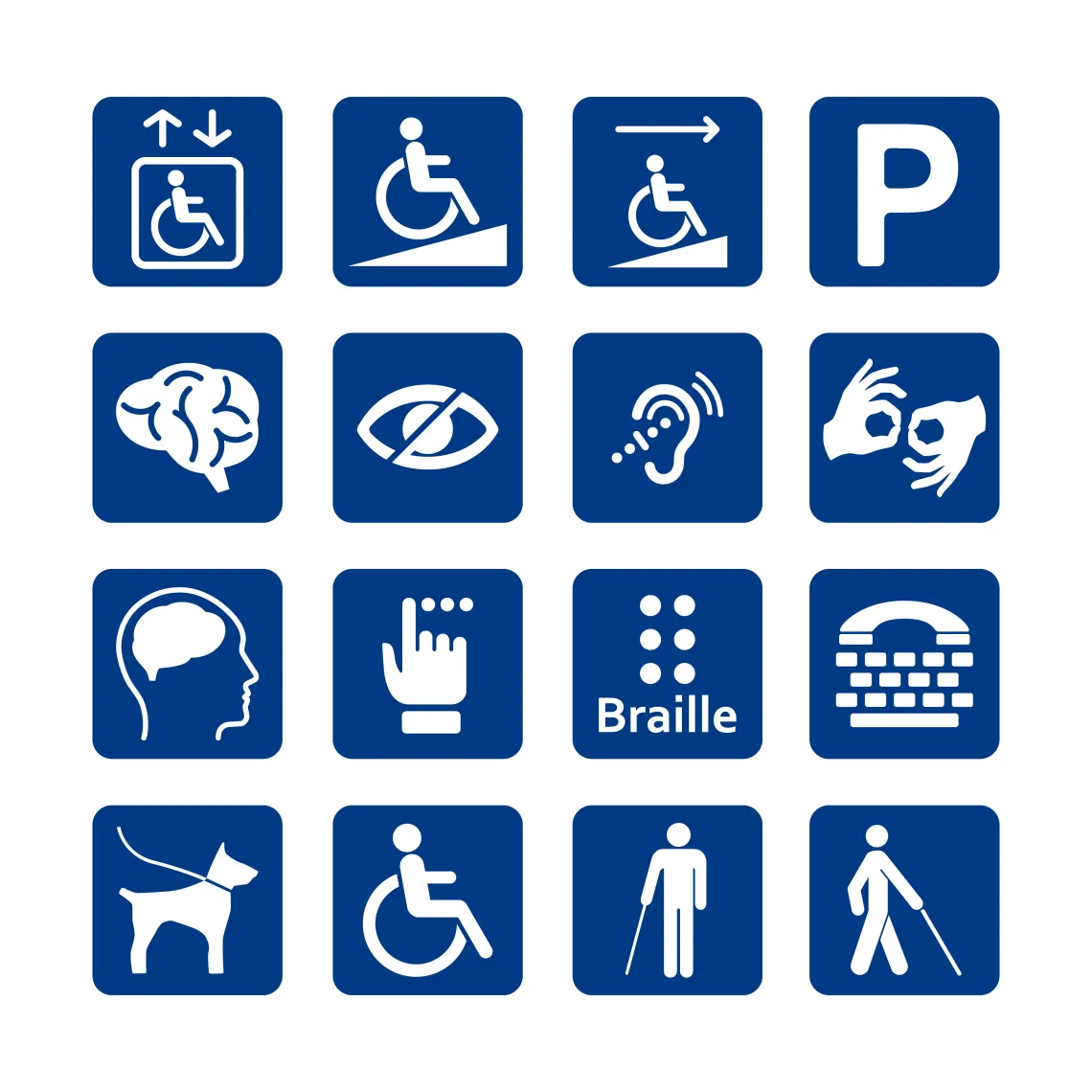Disability in Graduate School

Tsvetina
Naty Rico has been navigating large institutional systems for most of her life—first as a child in the medical system, trying to diagnose a condition that doctors would discover was cerebral palsy, and then as a first-generation college student with a disability. In college, Naty faced the unknown or unspoken challenges that higher education presents to students with disabilities, and soon after she graduated, she joined the University of Arizona’s Disability Cultural Center (DCC) to give other students the help that she never had.
The DCC is a place where students with disabilities can share their experiences and learn about disability culture. The DCC works closely with the Disability Resource Center (DRC), which provides individualized accommodations for students with disabilities.
“In communicating with other disabled individuals,” Naty observed, “I’ve found that we know disability is viewed as a deficit, and that people make this patronizing assumption of inferiority about people with disabilities.”
Such assumptions can lead disabled people not to come forward and ask for accommodations. That was the case for Sarrah Hannon, who was halfway through her master’s in toxicology when she was diagnosed with Ehlers-Danlos syndromes (EDS), a genetic disorder that affects connective tissue.
“I was working full-time, and I didn't ask for any help in those three years. I was going to hours of doctors’ appointments,” explained Sarrah. “Doing that without help, I tore my body apart, so within seven or eight months after I graduated, I was moving back to Ohio to have three neurosurgeries in four months.”
After her surgeries, Sarrah saw that there was a gap in the treatment of chronic pain patients that someone with her background and experience could fill, so she applied to the University of Arizona’s pharmacology and toxicology Ph.D. program.
“That was the first time I've ever come to a program or a job and been open about my health issues from the very beginning,” she said. “Everywhere else I've ever been, I've been like, ‘No.’ I don't tell anyone because you never know how you're going to get treated.”
In this case, Sarrah found a wonderful advisor who was more than happy to work with her and to learn how he could help her succeed. Because she’s been open about her disability, Sarrah has been able to ask for accommodations and stay on top of her work. She acknowledges that she’s been lucky, and she knows that not all students will have the same experience—or have the same needs—which is why she recommends:
“Go to the Disability Resource Center (DRC). It’s one of the best things you can do for yourself.”
Jayci Robb, Senior Access Consultant at the DRC, advises that students interested in accommodations fill out “the Student Affiliation Form on our website. Once you complete that, you’ll be assigned to an appropriate access consultant, and then you’ll want to schedule an appointment so we can have an initial conversation and determine what the next steps should be.”
Those next steps vary on a case-by-case basis. Students can also fill out a barrier report to inform the DRC of any physical or technological barriers that are inhibiting their education. If you’re interested in learning more about disability culture, community, and identity, visit the DCC and join discussions of intersectional disability, ableism, and more. You can also join reading groups that analyze texts related to disability.
“Our work matters,” said Naty. “It’s valued and it's going to make a difference in the lives and experiences of students who come after us. So if you’re the only one in your class talking about ableism, as often happens, it doesn't feel like it, but we're planting seeds. And slowly, we’re going to create an institution that is truly more accessible and more welcoming—an institution that any disabled student can attend.”
To learn more about the DRC and the DCC, visit their websites at drc.arizona.edu(link is external) and disabilityculture.arizona.edu

